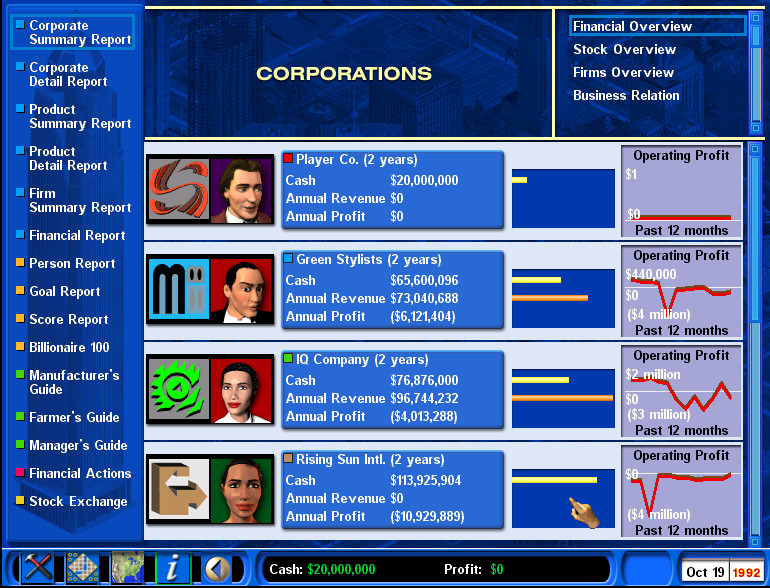

: 234 In French, Étienne Clavier referred to capitalistes in 1788, four years before its first recorded English usage by Arthur Young in his work Travels in France (1792). The Hollantse ( German: holländische) Mercurius uses "capitalists" in 16 to refer to owners of capital. : 232 By 1283, it was used in the sense of the capital assets of a trading firm and was often interchanged with other words-wealth, money, funds, goods, assets, property and so on. Capitale emerged in the 12th to 13th centuries to refer to funds, stock of merchandise, sum of money or money carrying interest. "Capitalism" is derived from capital, which evolved from capitale, a late Latin word based on caput, meaning "head"-which is also the origin of " chattel" and " cattle" in the sense of movable property (only much later to refer only to livestock). The term "capitalist", meaning an owner of capital, appears earlier than the term "capitalism" and dates to the mid-17th century. Etymology Other terms sometimes used for capitalism: Economic growth is a characteristic tendency of capitalist economies. Capitalist systems with varying degrees of direct government intervention have since become dominant in the Western world and continue to spread. Modern capitalist societies developed in Western Europe in a process that led to the Industrial Revolution. Market economies have existed under many forms of government and in many different times, places and cultures. Most of the existing capitalist economies are mixed economies that combine elements of free markets with state intervention and in some cases economic planning. The extent to which different markets are free and the rules defining private property are matters of politics and policy. The degree of competition in markets and the role of intervention and regulation as well as the scope of state ownership vary across different models of capitalism. Different forms of capitalism feature varying degrees of free markets, public ownership, obstacles to free competition and state-sanctioned social policies. These include laissez-faire or free-market capitalism, anarcho-capitalism, state capitalism and welfare capitalism. Įconomists, historians, political economists and sociologists have adopted different perspectives in their analyses of capitalism and have recognized various forms of it in practice.


In a market economy, decision-making and investments are determined by owners of wealth, property, or ability to maneuver capital or production ability in capital and financial markets-whereas prices and the distribution of goods and services are mainly determined by competition in goods and services markets. Central characteristics of capitalism include capital accumulation, competitive markets, price system, private property, property rights recognition, voluntary exchange, and wage labor. Capitalism is an economic system based on the private ownership of the means of production and their operation for profit.


 0 kommentar(er)
0 kommentar(er)
